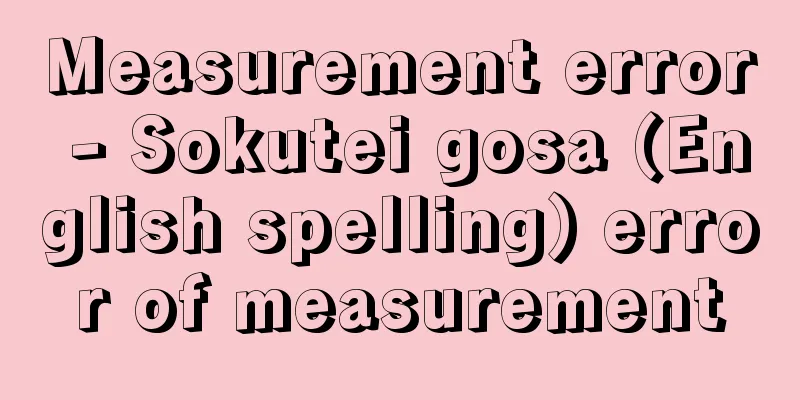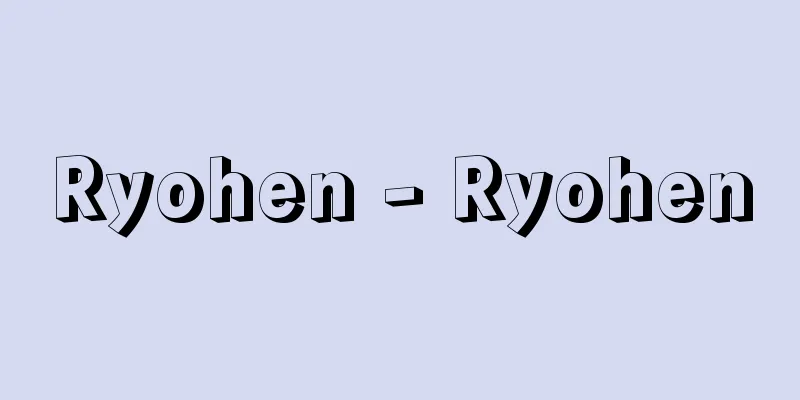Three major poems of the four seasons - A look at the seasons

|
Kabuki dance. Nagauta, Tomimoto, Tokiwazu, Takemoto. First performed at Edo Nakamuraza in March 1813 (Bunka 10). First performed by Bando Mitsugoro III. Lyrics by Segawa Jyoko II, choreography by Ichiyama Shichijuro. Twelve transformations for 12 months, including the courtesan, the monk, Narihira, the Isami merchant, Kiyomasa's tiger hunt, the Chinese in the kitchen, the country goze, the Kashima dance, the thrush harvester, the hired slave, the heron girl, and Kintaro. Of these, the Matsuuouri, about an Isami merchant selling the first bonito of the season, and the Kashima dance, which is a dance adaptation of a message about Kashima (a combination of Nagauta composed by Kineya Katsugoro I and Tomimoto composed by Tobaya Satonaga I). Source: Heibonsha World Encyclopedia, 2nd Edition Information |
|
歌舞伎舞踊。長唄,富本,常磐津,竹本。1813年(文化10)3月,江戸中村座初演。3世坂東三津五郎初演。2世瀬川如皐作詞,市山七十郎振付。12ヵ月の十二変化物で,傾城,坊主,業平,いさみ商人,清正虎狩,台所唐人,田舎ごぜ,鹿島踊,木賊苅(とくさかり),雇奴(やといやつこ),鷺娘,金太郎と続く。うち初鰹を売るいさみ商人の《松魚売》,鹿島の事触れを舞踊化した《鹿島踊》(初世杵屋勝五郎作曲の長唄と初世鳥羽屋里長作曲の富本の掛合)が残る。
出典 株式会社平凡社世界大百科事典 第2版について 情報 |
>>: Poems of the Four Seasons (View of the Four Seasons) - Shikino-nagame
Recommend
Engobe - Engobe
… Once the pottery's shape is roughly complet...
PicturePost
...In the West, especially in Germany after the e...
Sovkhoz
Also read as sovkhoz. A large state-run farm in th...
Fukatsu City - Fukatsu City
An ancient Japanese market. According to the 27th...
Osendaku - Osendaku
...Faith in household gods (indoor gods) found in...
Transportation - Unshu
〘Noun〙 ("shu" is the Go-on and Kan-on pr...
Pompon - François Pompon
French sculptor. Born in Saulieu, the son of a fu...
Functional element - Yesterday's lie
…Structural materials are also functional materia...
Tetranychidae
…A general term for mites belonging to the Tetran...
Odoro - Odoro
... Doro-doro: A sound effect-like musical accomp...
Hagia Sophia
→Hagia Sophia Source: Shogakukan Encyclopedia Nip...
Purple emperor (flower) - Purple emperor
...The flowers are a variety of colors, including...
Woodworking - Kiyari
A type of Japanese folk song. An abbreviation of &...
Sounding Rocket - Kansoku Rocket
A rocket intended for scientific observation and e...
Ama (slave) - Ama
…Compared to the Japanese theories, the period is...









